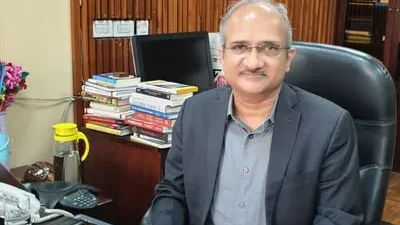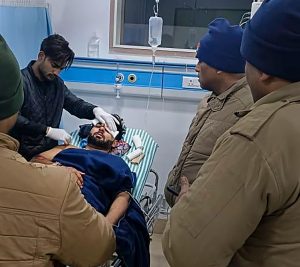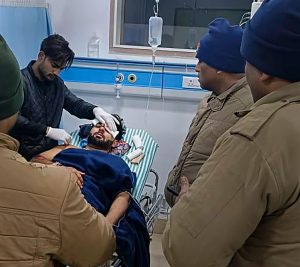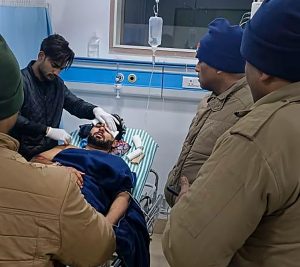The Centre on July 31 unveiled the new National Education Policy 2020 that provides for major reforms in higher education, greater focus on improving skills and increased inclusion through language diversity and course fluidity. Though the policy has been hailed by all educationists, there are still some questions that need explaining.
In an exclusive conversation with Opoyi, Professor V Ramgopal Rao, director and officiating chairman of Indian Institute of Technology Delhi tried to explain the most frequently asked questions.
How do you think the three language formula will affect English medium school?
Rao: The new education policy doesn’t not mention or impose a particular language as a medium of instruction. The policy says that schools can use home language as a medium of instruction. In India, most of the families speak English at home. In our society, we tend to mix up two things, learning in English and education in English. The aim is to make students learn in the language they speak at home. It is to improve their cognitive skills as research has proven that learning in the language you speak everyday helps you understand the concepts easily. It is not going to affect English medium schools
India is a diverse country and nobody can impose any language on students. For example I am south Indian and my wife is from north India, now my kids speak English and this is the case in most families.
The policy talks about changes in higher education, could you please explain?
Rao: The policy talks about increasing the gross enrollment ratio from 25% to 50%, which means we need more infrastructure and more institutions across the country. In IITs, students stay on campuses and if we need to double the intake of students, we need to open extension campuses. We need to scale up without compromising the quality of education. The effectiveness of the new policy will be how best will we implement it.
The biggest challenge for higher education in our country is fragmented sectors. For every sector, you have different colleges and different regulatory bodies managing them. The new policy proposes a multi-disciplinary kind of education, which means a student in IIT can study subjects related to medicine as well. This approach will help students increase their knowledge. For example, for applying artificial intelligence in hospitals you need an engineer, so starting medicine-related courses in engineering colleges will help. It will increase innovation in the healthcare sector.
The NEP 2020 also proposes autonomy of educational institutions. Setting up a Board of Governance is an important step.
Where are the funds going to come from?
Rao: We need to look for work on a financial system that doesn’t burden the students. We also need to be self-reliant, we cannot always have the government to give us funds. New financial models are need of the hour. The government has set up a committee, of which I was a part, to put in place a system to generate more funds for higher education.
One way can be investing in startups with the hope that they become million dollar companies. If an institution holds 5% equity and that start ups becomes a unicorn company, the return can fund the institution for a few years. We need to evolve and look for options that are more innovative and self-reliant.
The director cited an example of Australian model, where students pay a nominal fee and after they start working, they pay a certain amount of tax to their alma mater. It will help students to pursue higher education without using their parents’ money. It will also reduce burden on the government.
How will the National Research Foundation improve research in India?
Rao: At present, the research being done in India does not solve the actual problems we face in the country. Most of the funding for these researches come from the Department of Science and Technology (DST). DST gives you funding but does not come with a problem that needs urgent requirements. The NRF proposed in the NEP aims at solving real problems by collaborating different ministries with different institutions. The ministries will share the problems that need urgent solutions.
How is the new assessment system going to be different from the one we have now?
Rao: The policy proposes a continuous assessment system. IITs are already following that system. The idea is to test the skills and knowledge of a student on the basis of various aspects. A continuous assessment tests your intelligence and holding an exam and making it the criteria of passing a semester only tests memory of a student. And, there is a possibility that on the given day, a student doesn’t perform well. The policy states about holding a single exam multiple times. This will give students a chance to perform better. The policy aims to do away with an exam-oriented system. Setting up a National Testing Agency will help students to learn more and not score high marks.







